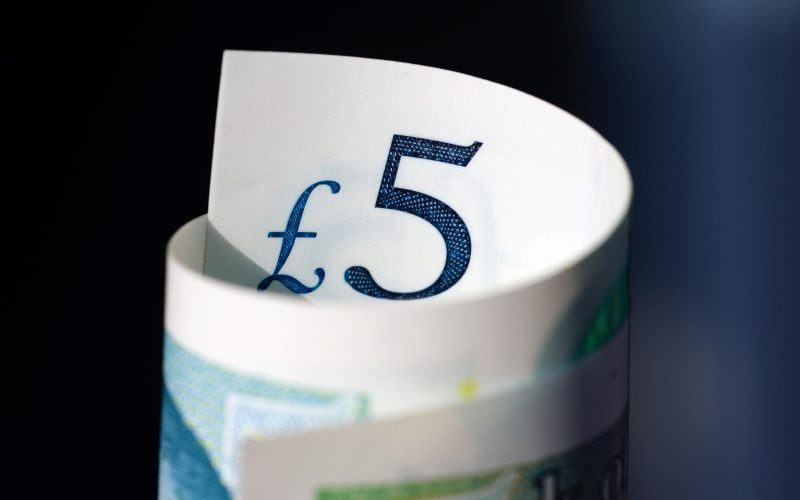Opening a Bank Account
Normally, to open a bank account as an international student, you have to be enrolled on a course for at least six months.
You will need to take to the bank:
- your passport
- evidence of your UK address
- a letter of acceptance from the school confirming your address in your home country and in Southampton
Types of Account
Current Account (US: checking account)
This is the most useful account to arrange at first. You can take money from a current account at any time. Most current accounts earn little or no interest.
Savings Account
This is a bank account in which you usually leave money for a long time and which pays you interest.
Paying Money into your Account
This is also called depositing money. Ask your bank what you need to do. You may be given a deposit book, or you may need to go to the bank to fill out a deposit slip.
Taking Money out of your Account
This is also called withdrawing money. Ways of withdrawing money include:
1. ATM (cash machine), using a debit card or cash card.
- Never use a cash machine if someone is looking over your shoulder, or if the machine looks suspicious.
- Always put your money away in your pocket or bag before walking away.
- Please only use cash machines outside banks. This is the safest option.
2. Going to the cashier inside the bank with your card and some ID.
3. Cashback. At many supermarkets (and at some pubs too), you can use your card to withdraw extra cash from your account as you pay for your goods. This is called cashback. You can usually get a maximum of £50 cashback per visit. Be ready for that question: “Any cashback?”
Getting your Balance
This means finding out how much money is in your account. You get this information from:
- a cashier inside the bank
- a cash machine
- telephone banking, if available
- online banking
- your bank statement, which is sent to your address regularly
More Banking Terms
Interest (n.)
1. Extra money that you earn from keeping your money in a bank account.
2. Money which is charged by a bank for borrowing money.
Overdrawn (n.)
To be overdrawn on your bank account means to have spent more money than you have in your bank account.
PIN
Your personal identification number (PIN) will be sent to you by post.












Leave a Reply